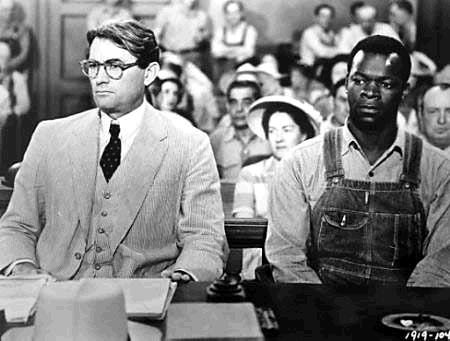
Repeating last year’s rapturous experience of our Level 4 English and Creative Writing residential trip to Grasmere, Lake District, everybody again had a blistering good time. On this occasion, we filled up some of the vacant spaces with level 5 and 6 people, and there was even a stray post-grad MA student… The mix of levels turned out to be a benevolent thing: we intellectually and otherwise cross-fertilised covering the range. Once again, the atmosphere was distinctly Halloweeny, what with the trip dates actually coinciding with the very event itself, and the local Youth Hostel being a rather spooky place at the best of times, hidden away in a nooky dell between thick, mostly dripping wet foliage in a secluded spot en route to Easedale Tarn. One room, too frightening for anyone even to contemplate to stay in overnight, had a big wet patch on one of the walls and a putrid smell of wastage, hinting at oozing ectoplasm, the remains of the not yet fully, still somewhat active, dead.


We did Dove Cottage Saturday afternoon, getting us into the frame of mind of the Romantic situation. Obligingly, it was raining it down by the bucketfuls… Last year, on the first night, Paul Houghton, for some inexplicable reason, had turned all green in the pub, and we had, admittedly with not much success, tried after hours, in the cavernous basement, to conjure the spirit of my dead grandmother in a rather fruitless Seance. This time, some (!) beers in the pub later, with heightened senses and a high degree of exuberance, we did an extended reading in the lounge: a hellraisingly inspirational affair – we sampled some highlights of the Romantic repertory, and, best of all, excellent Creative Writing student work. We were all impressed by the high quality and intensity of the material. Lisa stood her ground, still capable of steering us through proceedings with a steady hand to the last.

Next morning, some of us set off on a 6 1/2 mile walk around Lakes Grasmere and Rydal, which, rather than a gentle ramble, as promissed in the brochure, turned out to be a real hiking tour-deforce, well, at least to us Stokie couch potatoes, in excess of 4 hours: intensely enjoyable in many ways, but this is also where some suffering occured (as in ‘blistering good time’ of the first sentence of this). Let us spread the sponge of amnesia over this stinging aspect of an otherwise wholly enyoyable outing…
Great trip.
Dr Martin Jesinghausen

Photography: Dr Melanie Ebdon


 New Vic Theatre
New Vic Theatre









